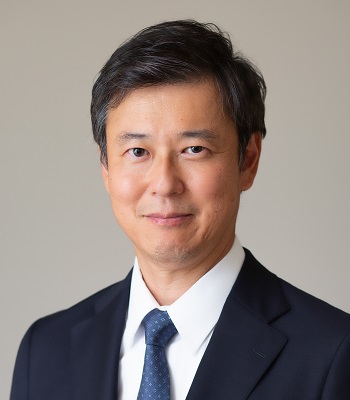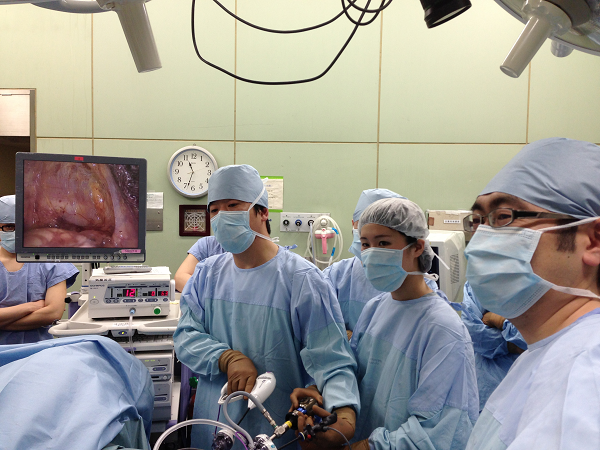【Research Keywords】
Prostate cancer, bladder cancer, renal cell carcinoma, novel diagnostics and therapeutics, penis regeneration, bladder regeneration
【Recent highlights】
Since the first robot-assisted total prostatectomy in Chugoku–Shikoku District in 2010, our department has become one of the leading Japanese medical institutions offering robot-assisted surgeries. In 2014 and 2015, our department had the fourth highest volume in Japan for urologic surgeries, with 685 radical prostatectomies, 108 partial nephrectomies, and 14 radical cystectomies conducted to date. Based on our expertise and achievements, our department has been designated as the fifth observation site in Japan for robot-assisted surgeries by Intuitive Surgical G.K., Tokyo. We frequently host visits from surgeons and health care workers. Our department excels in creative and innovative research. The number of adoptions for scientific research grants from the Ministry of Education, Culture, Sports, Science and Technology, and other external funds were 13+4 in 2017, 11+6 in 2018, 11+4 in 2019, respectively. Many of our studies have been accepted for presentations at the annual meetings of the European Association of Urology and the American Urological Association (mean 7.3/year since 2014). Seven presentations have received best poster awards, including one presentation that won the first prize.

 Home
Home


